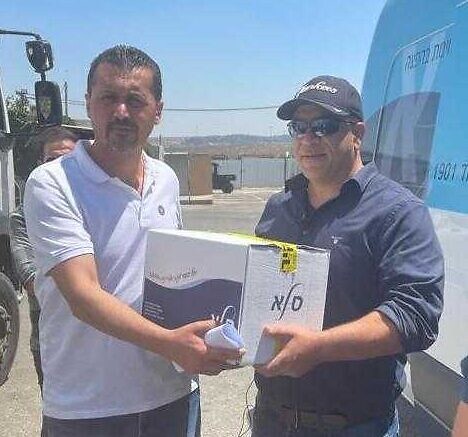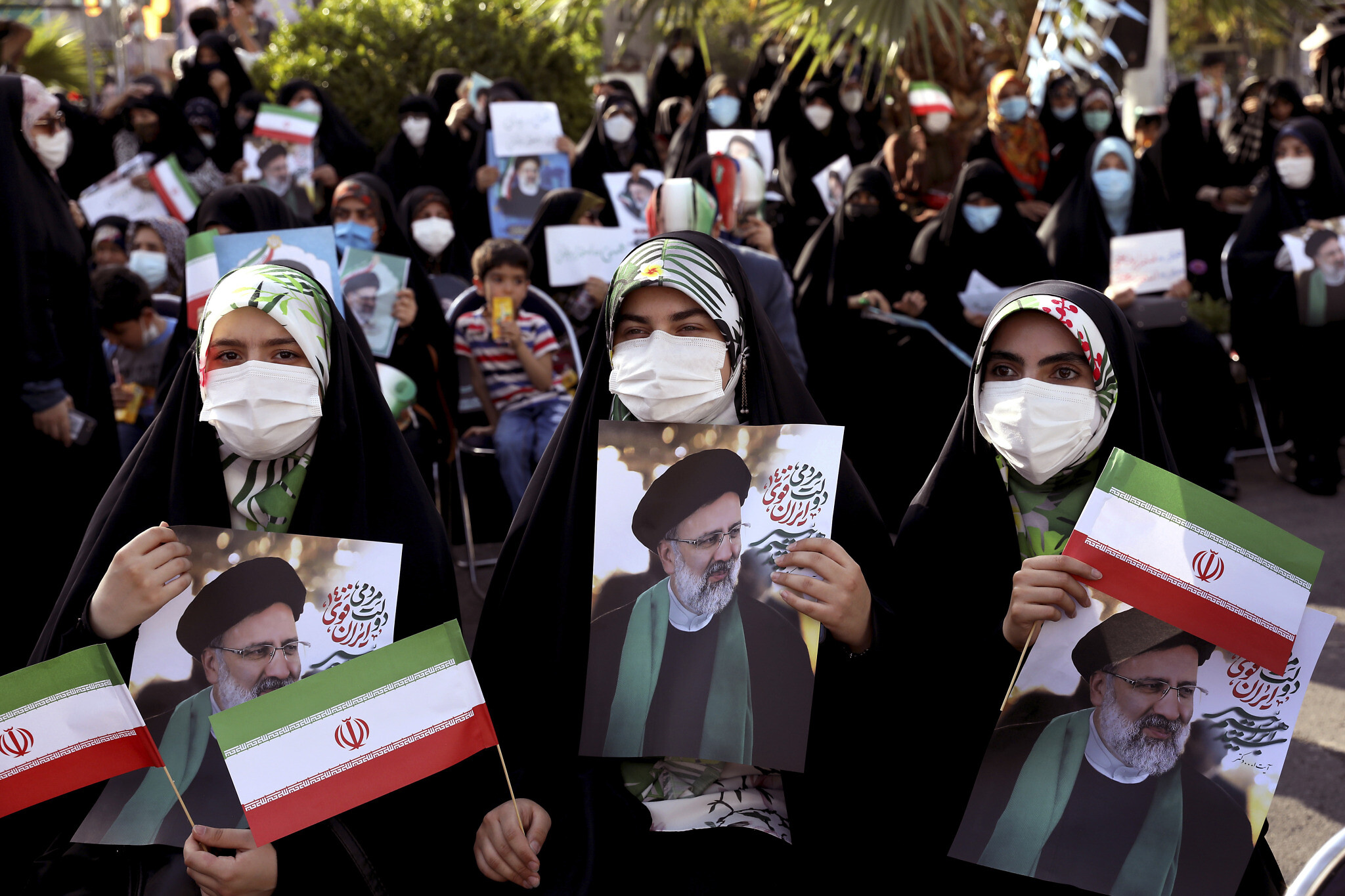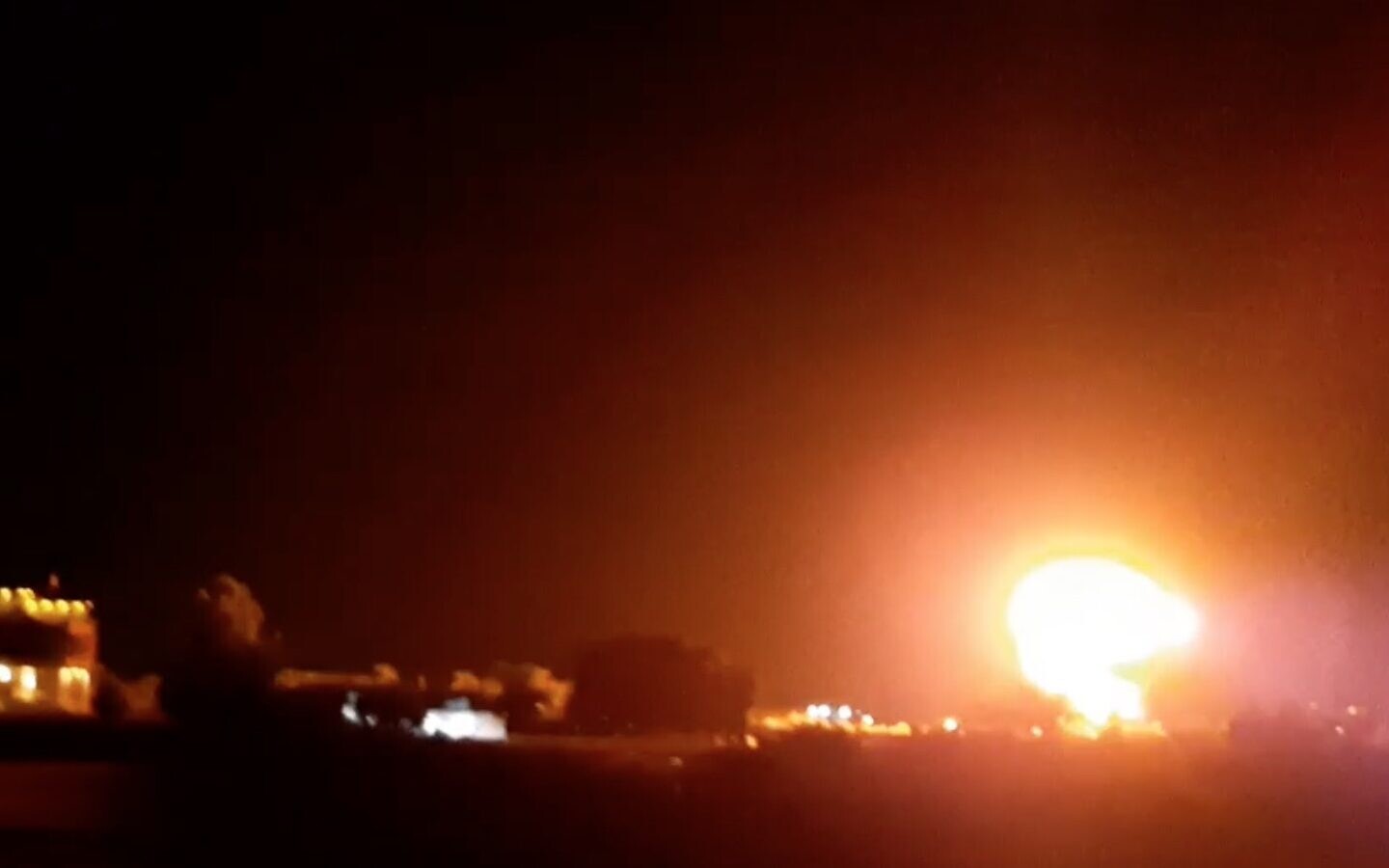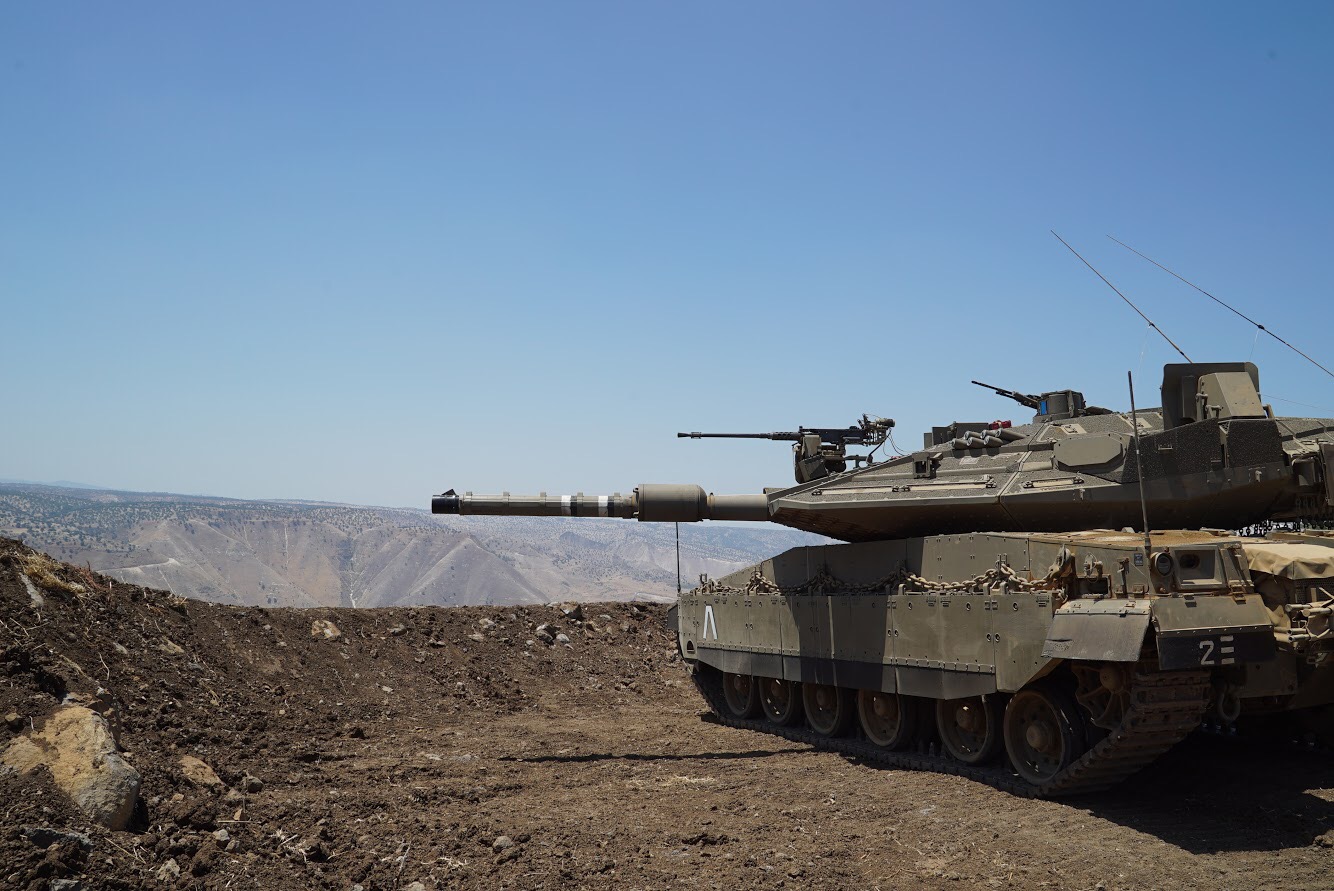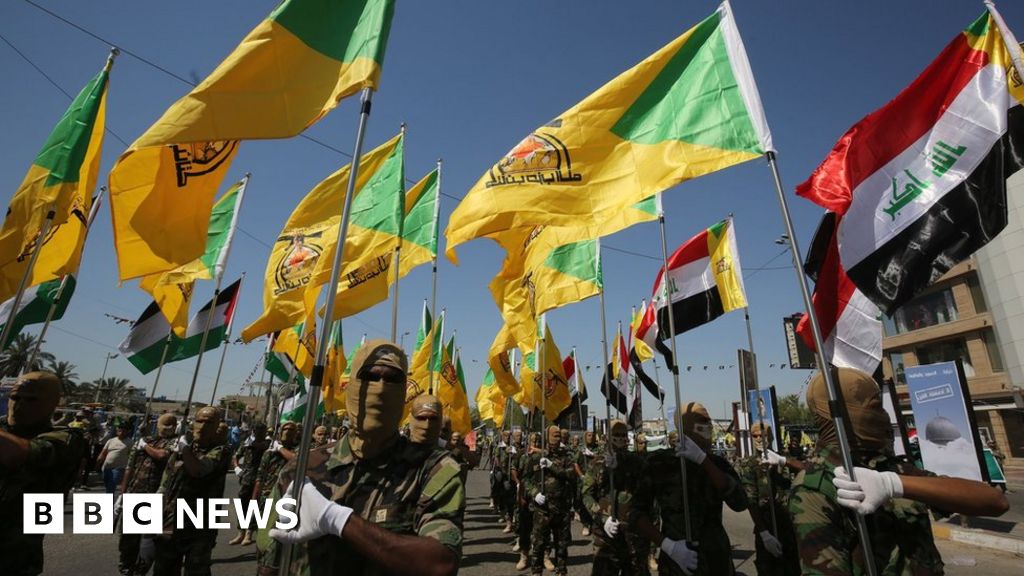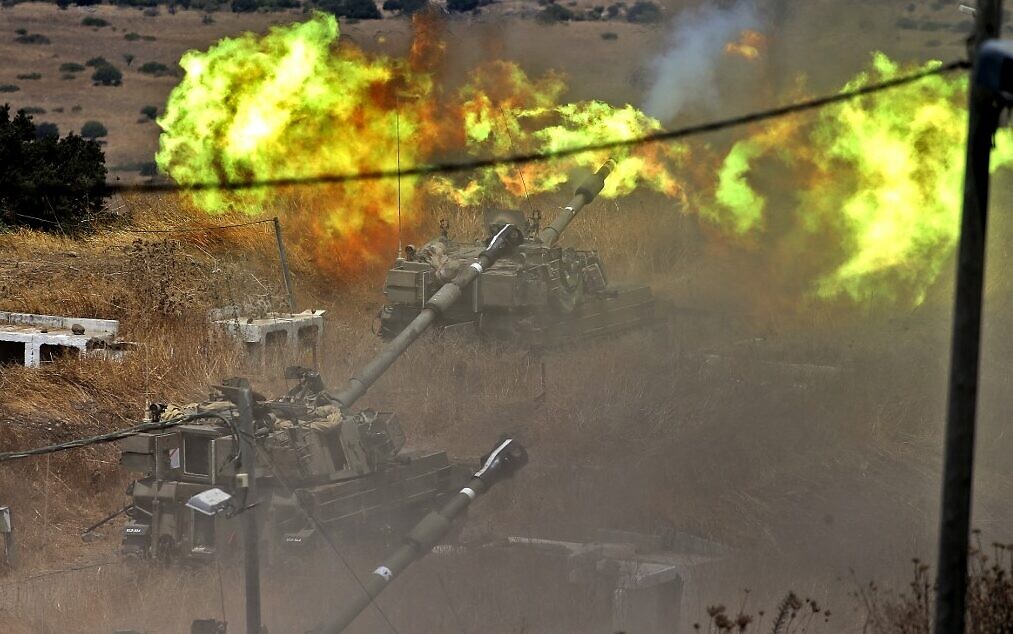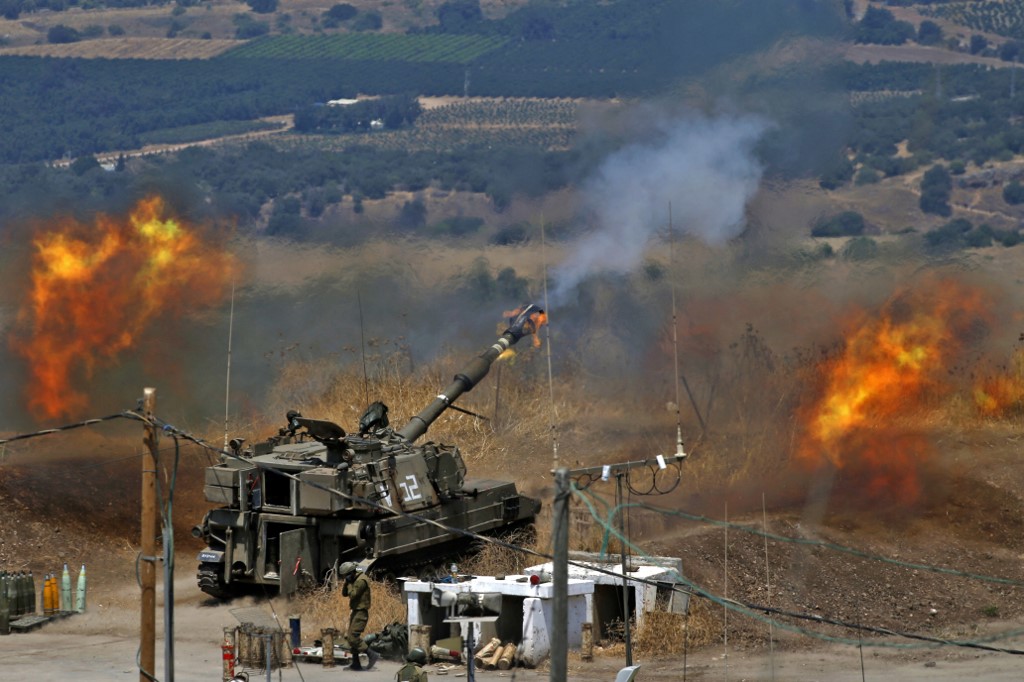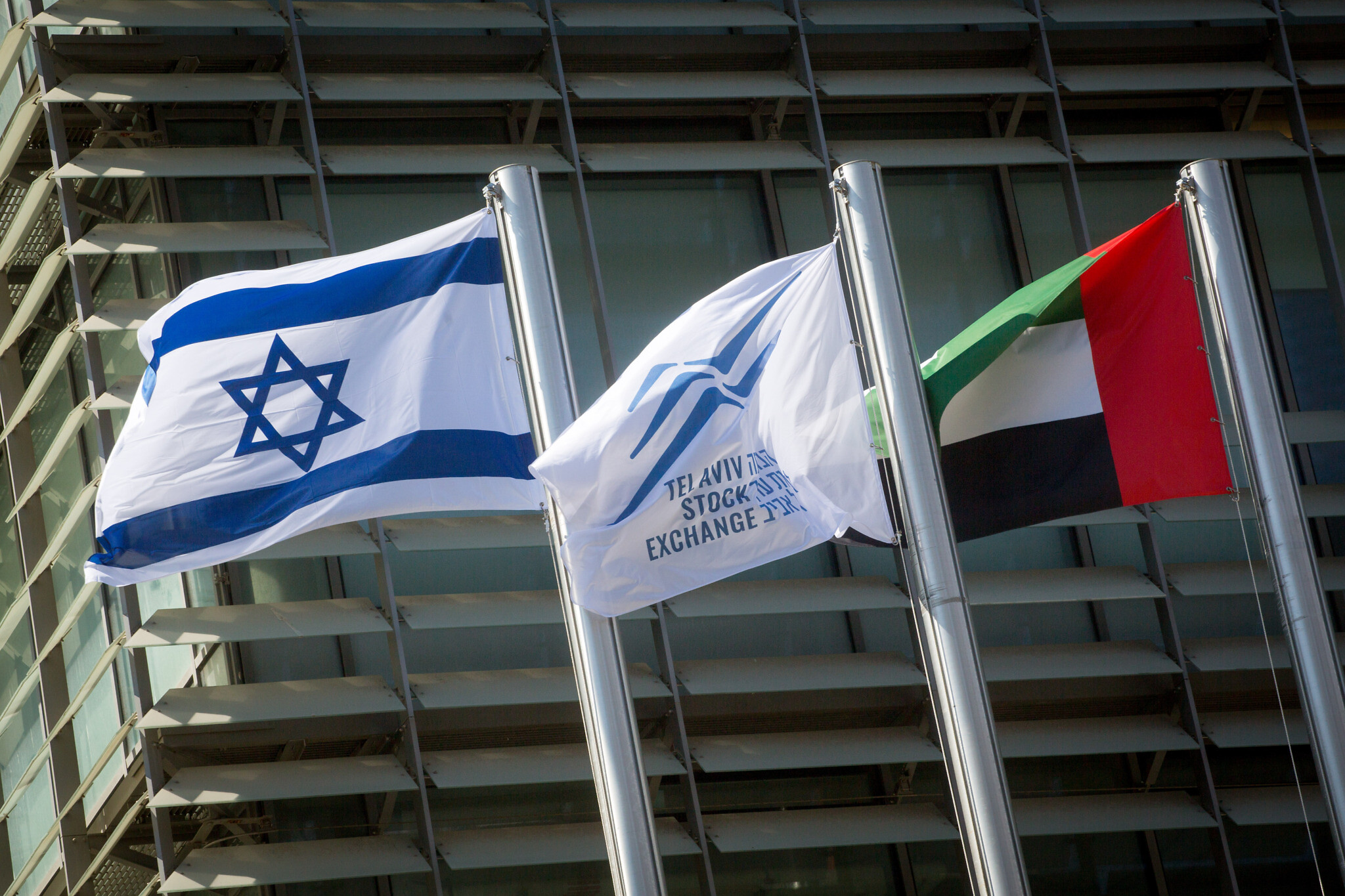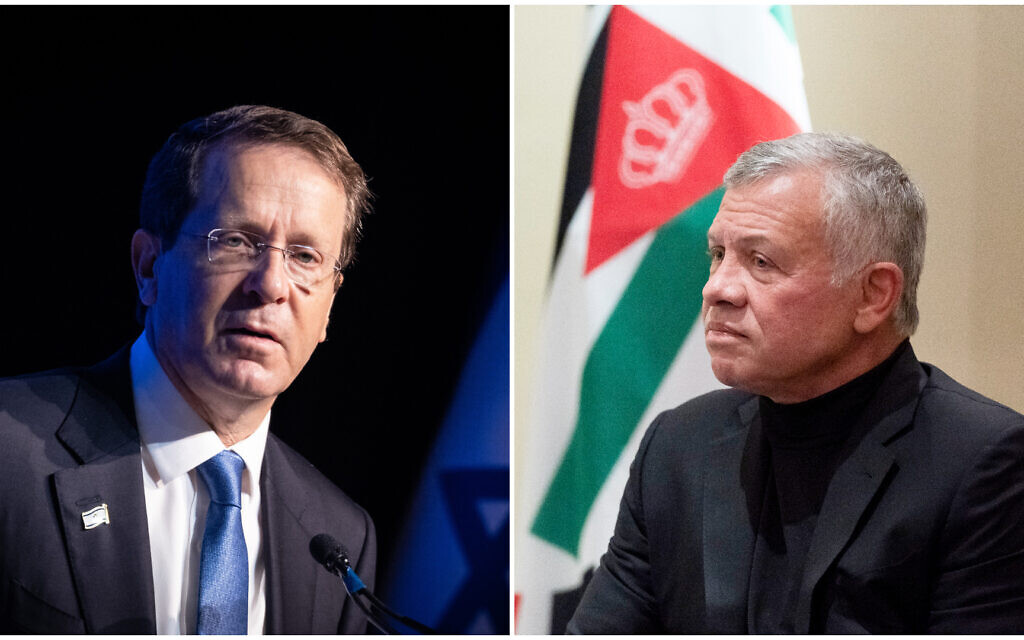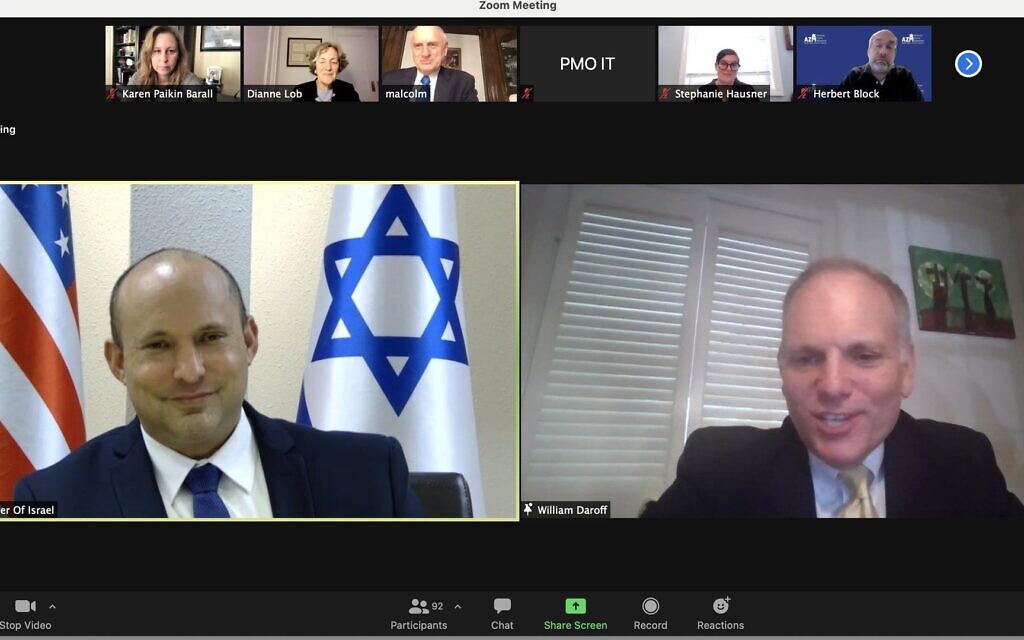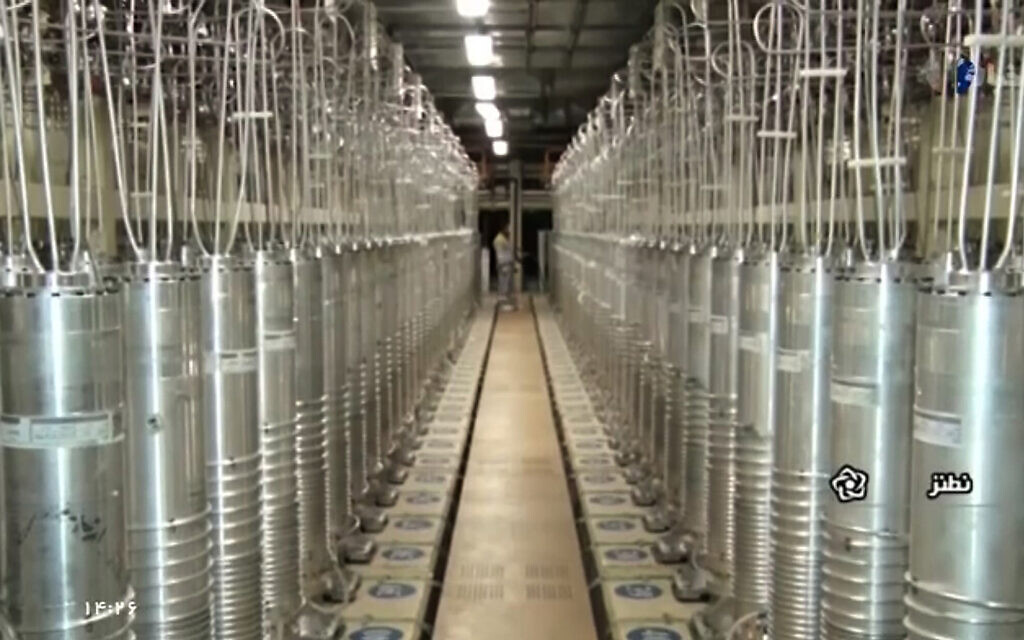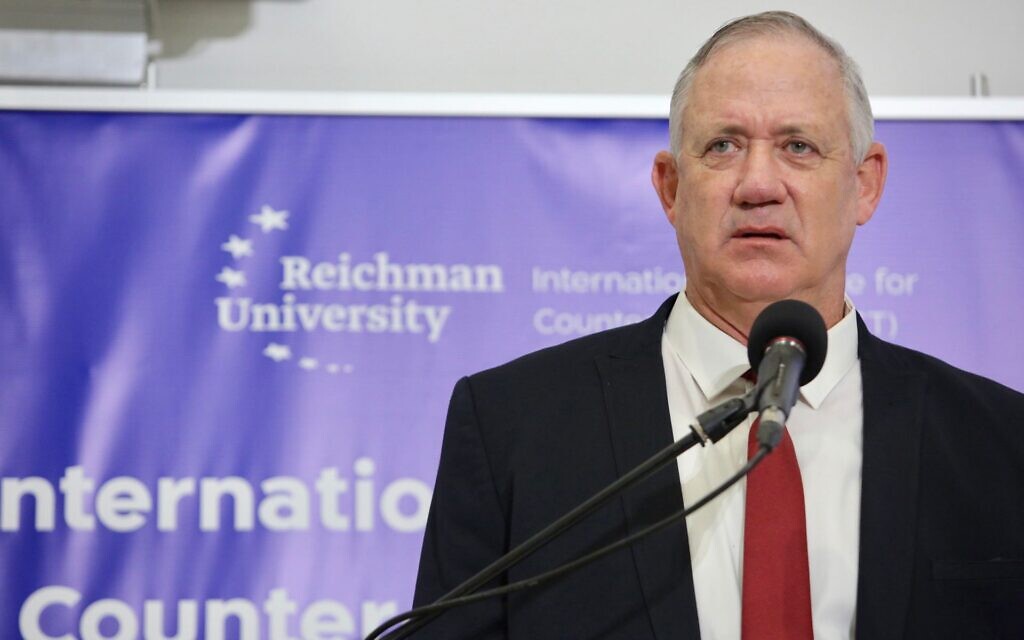Perhaps I'm having a hard time understanding this but I don't see what most of this has to do with my very basic argument. You're talking here about what happens during a war. But in the post above you argued that the necessity of the war is itself a reason for why war crimes have not been committed. Necessity of a conflict is inherently a political concept. War is the continuation of politics by other means, so any justification for a war is inherently political. I'm arguing that the political justification of a war (and the possible associated international law regarding the legality of the war) have no bearing on individual acts committed during a war. For example if Israel were to decide that it needs more territory, and were to, without provocation, invade a neighboring country to seize the territory, this war would be illegal. But it would not make collateral damage any more criminal in and of itself than that very same collateral damage is when Israel is fighting a politically and even legally justified war. With war crimes the problem is, or again at the very least should be, the act itself not the political context surrounding it. It should never be acceptable to commit war crimes regardless how well justified the war itself is. Also war is an act carried out (in general) by the state. But war crimes can be acts of individuals (they can also be acts of the state but this is relatively rare).1. What you say is technically wrong in law. I am making a technical statement on legality of a war — at an organisational level.
2. The laws of war are, at bottom, constraints on warriors and war-fighting. Military lawyers refer to the laws of war as ‘LOAC’ – the law of armed conflict. Military lawyers in the business of helping their commanders achieve a country’s military objectives by killing the enemy, under the proper ROEs.
(a) At a Division or a Corps level, military lawyers write manuals, and operational handbooks that are, in effect, book-length advice on what the law means. Within brigades or lower, military lawyers help train soldiers in the laws of war, and ROEs. And in operations, military lawyers provide the task group commander case-by-case oral advice.(b) One important consequence of taking the law of necessity seriously is that military lawyers want to leave the judgement calls about what is necessary to military commanders, without after-the-fact second-guessing by courts, or investigating commissions. Consider proportionality calculations in LOAC, which under the law require weighing the concrete and direct military advantage of an operation against the anticipated ‘incidental’ damage to civilians and civilian objects.(c) LOAC takes necessity seriously, and favours wide discretion and deference to military commanders in judgement calls, reads treaties narrowly and formalistically under the assumption that states gave up as little as they could when negotiating them.
3. On the one hand, LOAC forbids the use of human shields – which, from the point of view of guerrillas or partisans, amounts to requiring the fish to leave the water voluntarily. On the other hand, the law requires militaries confronted by an enemy that (illegally) uses human shields to maintain the principle of distinction, where possible. Additional Protocol II of the Geneva Conventions (1977) applies to the conflict in Gaza and codifies the basic jus in bello rules for protecting civilians (the principles of distinction and proportionality) but provides no detailed rules protecting civilians, for example, rules requiring warnings and prohibiting excessive collateral damage. It is even possible to argue that the IDF meets the higher standards set by Protocol I of the Geneva Conventions (1977).
4. The terminology is stereotyped. I do not mean to imply that every lawyer in the miltary accepts the military version of the law of war (or LOAC) on all issues, nor that every lawyer working for human rights organizations accepts the humanitarian vision of international law.
5. To make matters worse, military lawyers must at times overcome the suspicion that they are not really part of the band of brothers – or, more insidiously, they must deal with their own suspicion that the combat soldiers regard them as ‘jobniks’ even when that is not true.
Last edited by a moderator:

